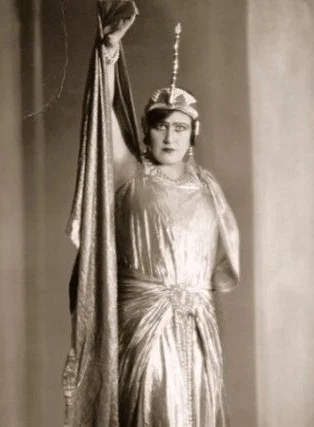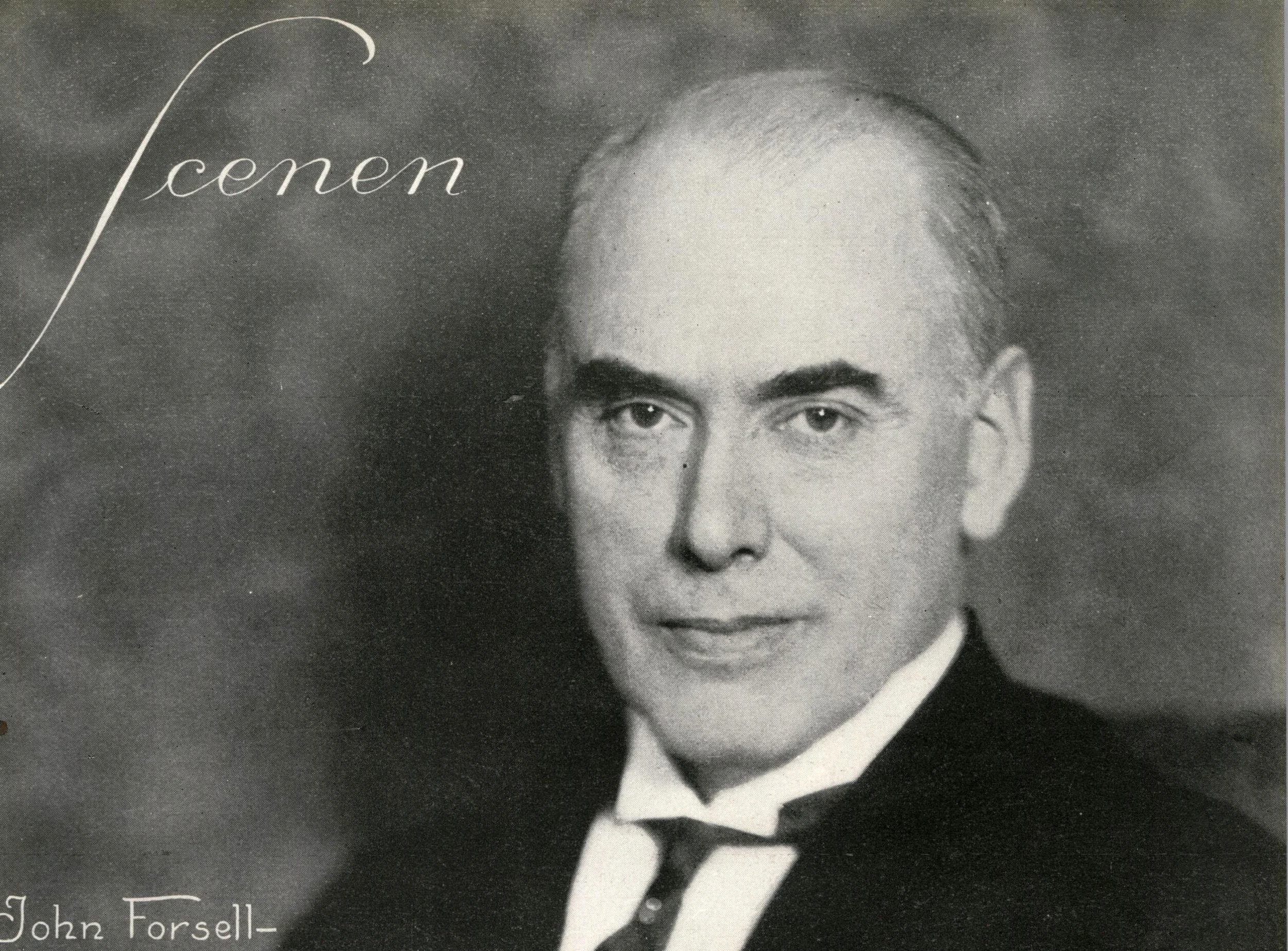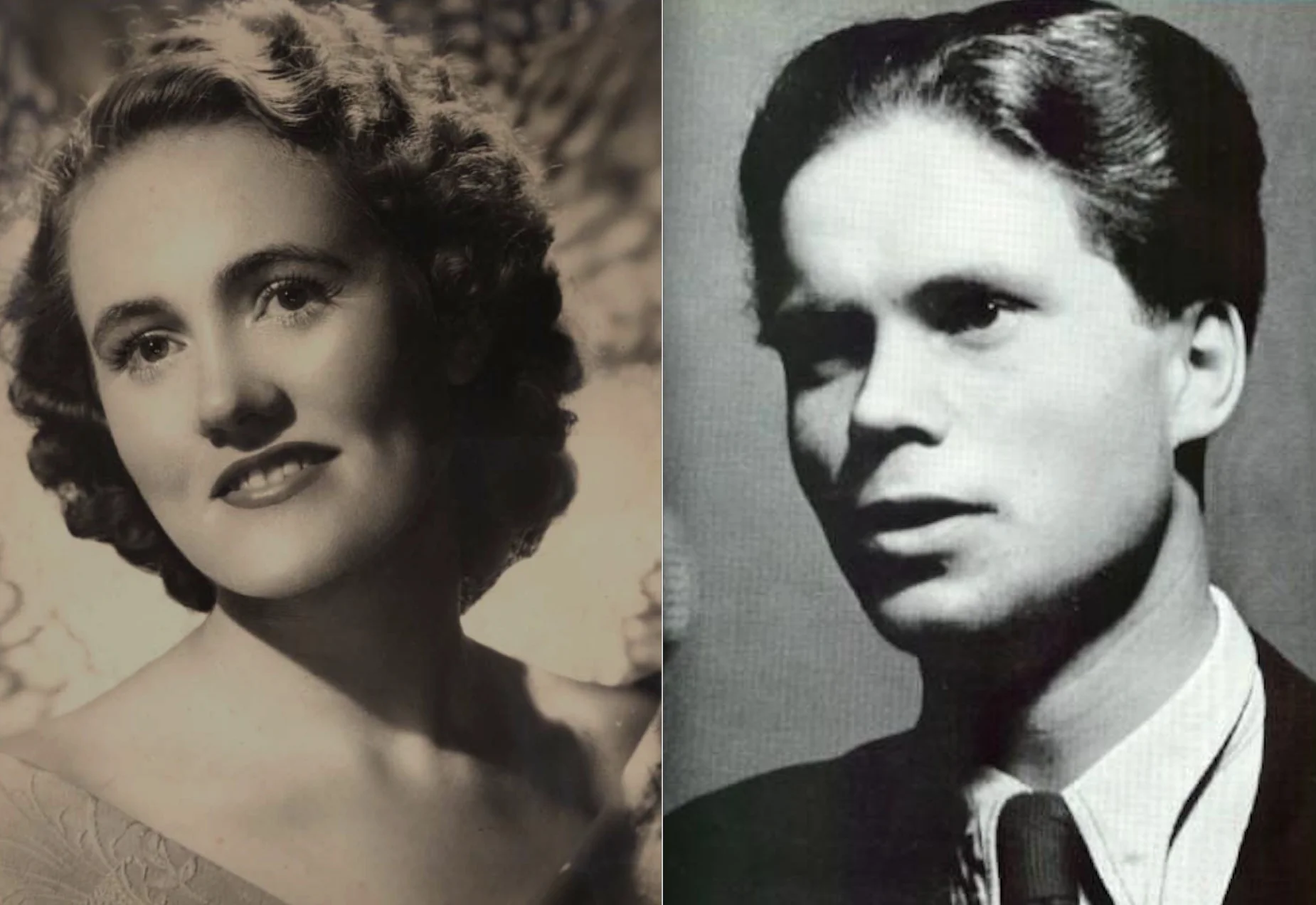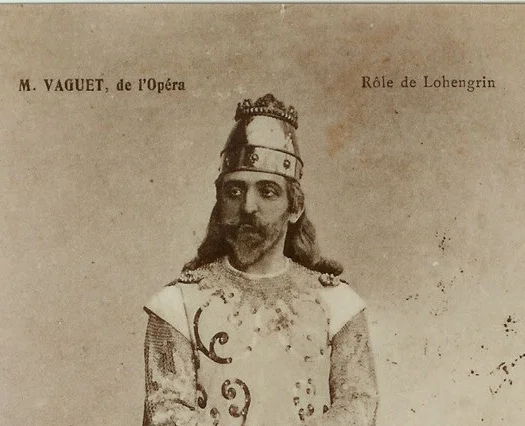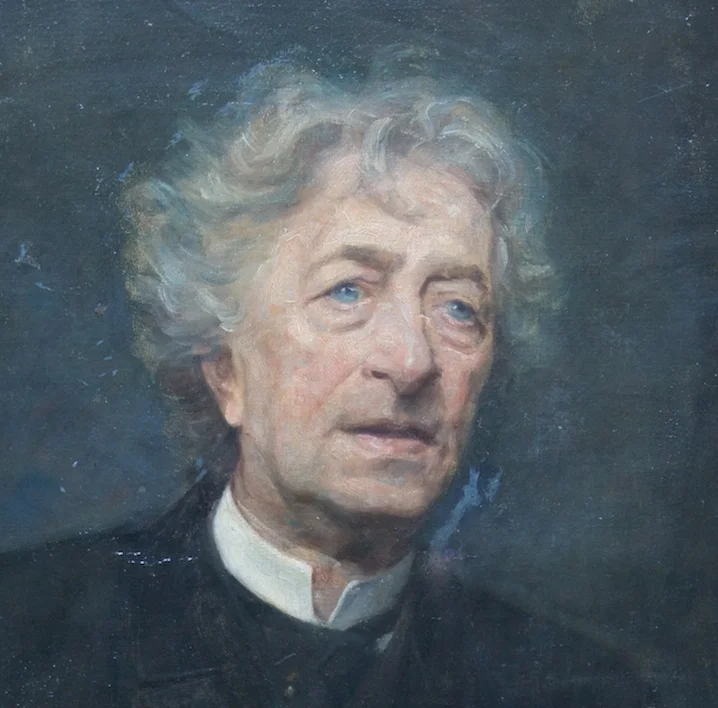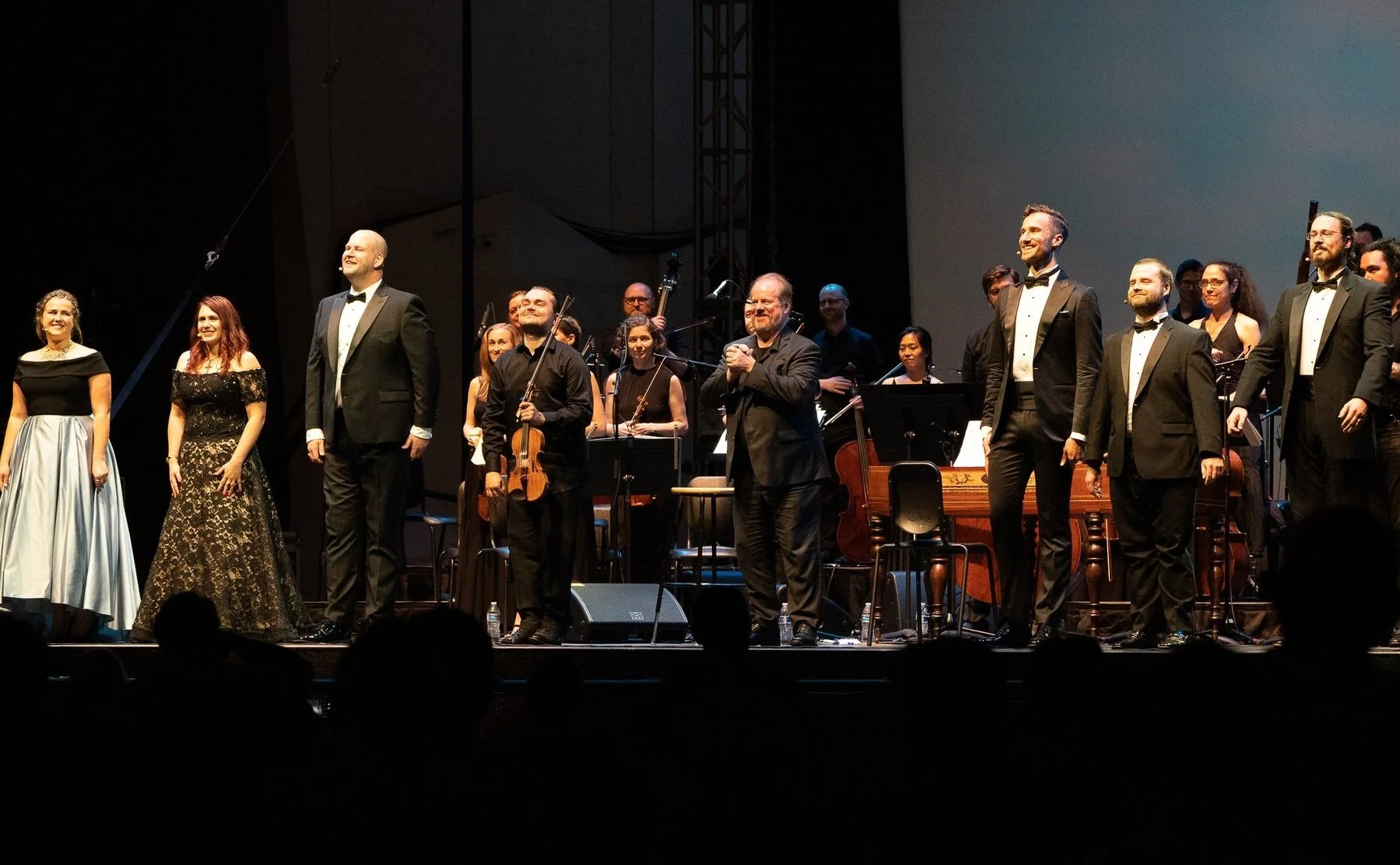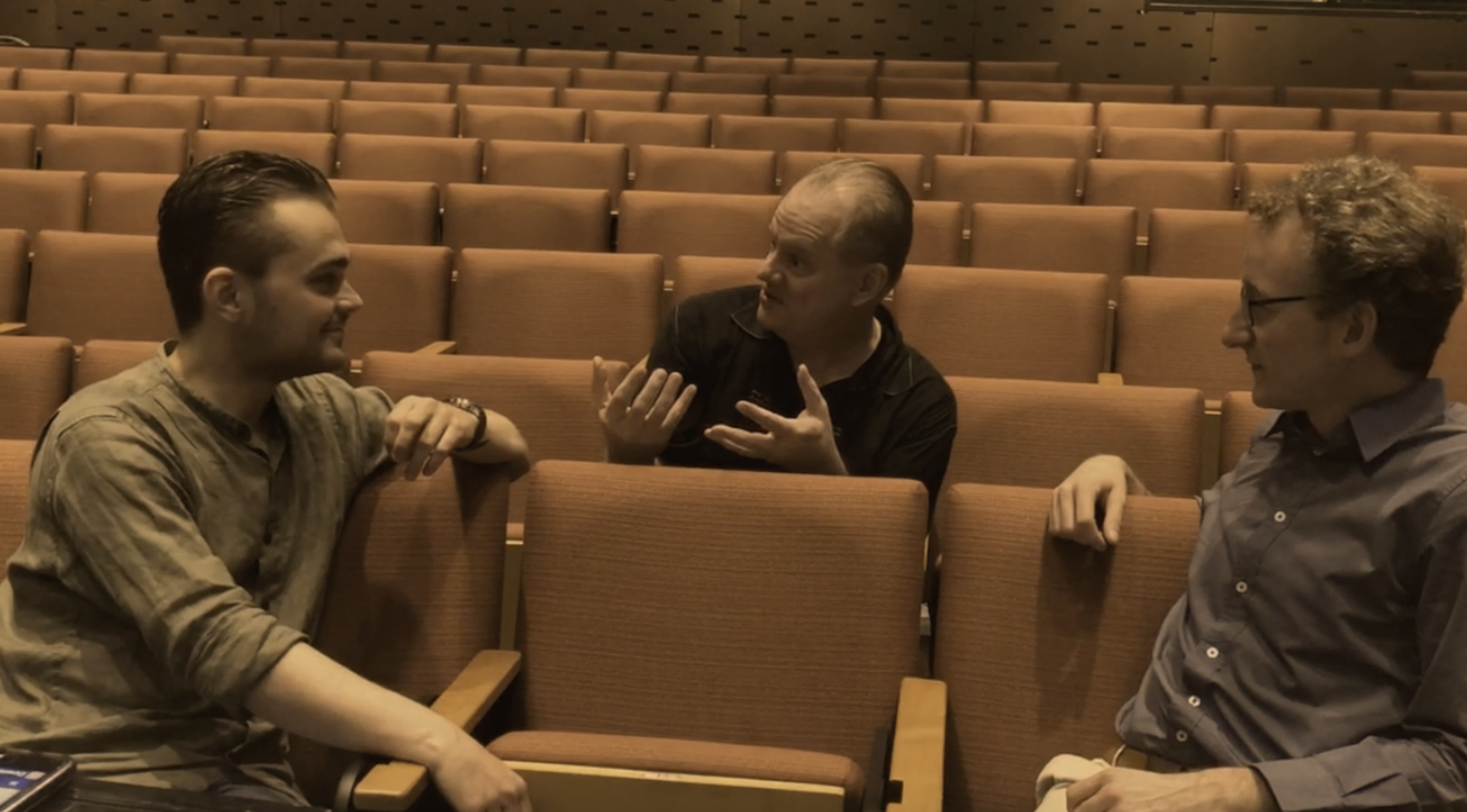The Sound of Kisses
Antonio Baldelli in Paris, 1905
“A suon di baci” is a genial song that never entered the charmed circle of popular Italian romanze, but would be worth reviving. The music is by a singer - Antonio Baldelli (1849-1922), a Fiorentine basso buffo widely regarded as the best of his generation, often praised for singing better and exaggerating less than the usual exponents of his roles, and for resources of originality and genuine humor that charmed even the critics who thought of his repertory as old-fashioned. The way they wrote about him suggests a kind of irresistible delight wherever and whenever he appeared.
He was a big enough draw at the box-office to be in constant demand for solo recitals, and these were surprisingly adventurous; one of his specialties was reviving arias from 18th-century comic opera that he had sought out and transcribed from manuscripts. His accompanist for several years was the young composer Alfredo Casella, who later ascribed to this experience his lifelong love of Rossini and the “comic-grotesque” element in his own music. The recitals also included Baldelli’s own much-appreciated songs, including this one.
He must have been a fascinating artist, and as he was still performing in the first decade of the 20th century, the failure to record him counts as one of the saddest missed opportunities of the infant gramophone industry. Baldelli’s compositions were soon forgotten, but “A suon di baci” was recorded by four singers who had shared the stage with the composer, and one of those, the great Neapolitan tenor Fernando de Lucia, liked it enough to record it four times between 1902 and 1919.
The text is much better known than the song. It’s a folk-poem so widely diffused that a half-hour’s search turns up at least twenty-five independent versions of it on the web, with variants and substitutions in every line but the first. None of them corresponds exactly to what De Lucia sings, transcribed here:
Se diventar potessi un usignuolo,
Cantando la più mesta mia canzone
Raccoglierei sul tuo verone il volo
Per essere da te fatto prigione.
Ogni mattin ti desterei col canto
Ed ogni sera t’addormenterei,
E tu gentile m’ameresti tanto,
Rispondendo coi baci a’ baci miei.
Se non son l’usignuol, sono il tuo damo;
Tu mi devi i tuoi baci perché io t’amo,
Perché april non è aprile senza un fiore,
Perché amor senza baci non è amore.
If I could turn into a nightingale,
Singing my saddest song
I would fly over your balcony
So as to be taken prisoner by you.
Every morning I’d wake you with song,
And every evening sing you to sleep,
And you, my dear, would love me so,
Answering my kisses with your own.
If I’m not a nightingale, I’m your swain.
You owe me kisses because I love you,
Because April isn’t April without a flower,
Because love without kisses isn’t love.
De Lucia sang with Baldelli dozens of times in Il barbiere di Siviglia, L’elisir d’amore, Linda di Chamounix, Crispino e la comare, Mignon, Fra Diavolo, L’étoile du nord and an intriguing rarity, Errico Petrella’s setting of (episodes from?) I promessi sposi, with De Lucia as the lover-boy Renzo and Baldelli as the cowardly priest Don Abbondio whose unforgettable portrait forms the opening salvo of Manzoni’s novel.
I haven’t yet seen a score of the song, but to judge by the other three singers’ recordings, most of the coloratura in De Lucia’s rendition is added by the singer - and as you can hear from the first and last of the four, he kept on adding it as he went along (maybe imitating the author, who was famous for his own improvisations?). You can also hear the remarkable freshness of the tenor’s voice at 59 - almost unchanged from its 42-year-old self in the first recording - and its delicious flexibility, both in dynamics and in rapid motion. The speeds of De Lucia’s recordings are controversial - he was a frequent transposer, but the question is “how far?” By my best calculation (maybe the subject for another blog post) he sang the song in E-flat in his first recording and in E-natural in the other three.
Teatro Nuovo puts great emphasis on learning from the singers who had never heard, or heard of, microphone singing - primitive recordings from more than a century ago, forming a link to the traditions of opera’s heyday and the infinite potential of the natural, unassisted human voice. Check this space regularly for samples, and click here for some pointers on how to listen.
UPDATE: Thanks to Kristin Cowdin’s willingness to trek to The British Library during a busy work visit to London, we can now provide a score for Baldelli’s delightful song. And yes, as we guessed, most of the coloratura was added by De Lucia.





![Image 2 - Henry T. [Harry] Burleigh - Detroit Public Library.jpeg](https://images.squarespace-cdn.com/content/v1/596bb4e703596e837b624445/1591713684327-N7HW488JSZ7EN8T5AJSR/Image+2+-+Henry+T.+%5BHarry%5D+Burleigh+-+Detroit+Public+Library.jpeg)







